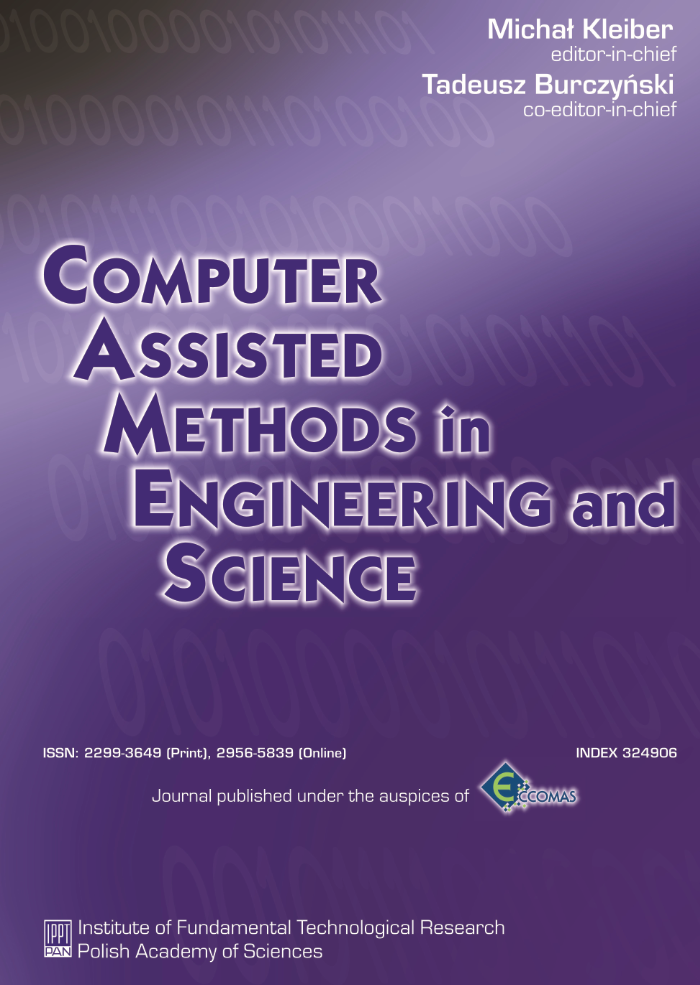Abstract
At present, inference about technical state of machinery or industrial processes on the basis of analysis of residual signals is one of the most developed fields of technical diagnostics. Results of analysis are usually huge sets of signal features, whose changes carry information about technical state of an object. Correct interpretation of such results is the most important problem of technical diagnostics. It is particularly important in the case of complex machinery and processes, whose operation parameters vary in time and additionally the environment of investigated objects, can not be assumed to be unchangeable. The approach described in the paper was based on the assumption that signal features can be presented in the form of a dynamic scene. Changes in the scene are determined by means of simple methods of image processing. The background of diagnostic inference is context-based reasoning (CxBR).
References
[2] W. Cholewa, J. Korbicz, W. Moczulski, A. Timofiejczuk. Methods of signal analysis machinery. In: Fault Diagnosis (J. Korbicz, J. M. Kościelny, Z. Kowalczuk, W. Cholewa, eds.), Chapter 4. Springer-Verlag Berlin, Heidelberg, New York, Tokyo 2003.
[3] R. O. Duda, P. E. Hart. Pattern Classification and Scene Analysis. John Wiley & Sons 1980.
[4] C. Ghindini, F. Giunchiglia. Local Models Semantics, or contextual reasoning = locality + compatibility. Artificial Intelligence 127: 221-259, 200l.
[5] A. J. Gonzalez, R. Ahlers. Context-based Representation of Intelligent Behavior in Training Simulations. Transaction of Society for Cmputer Simulation International, 15 (4): 153-166, March 1999.



